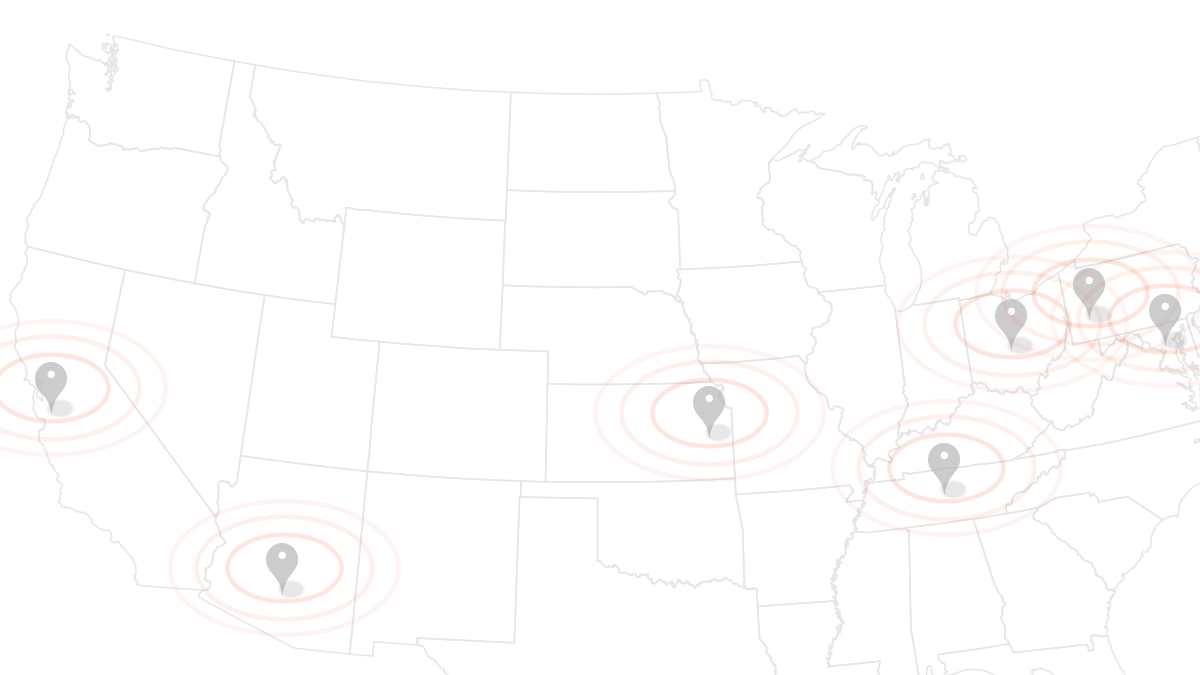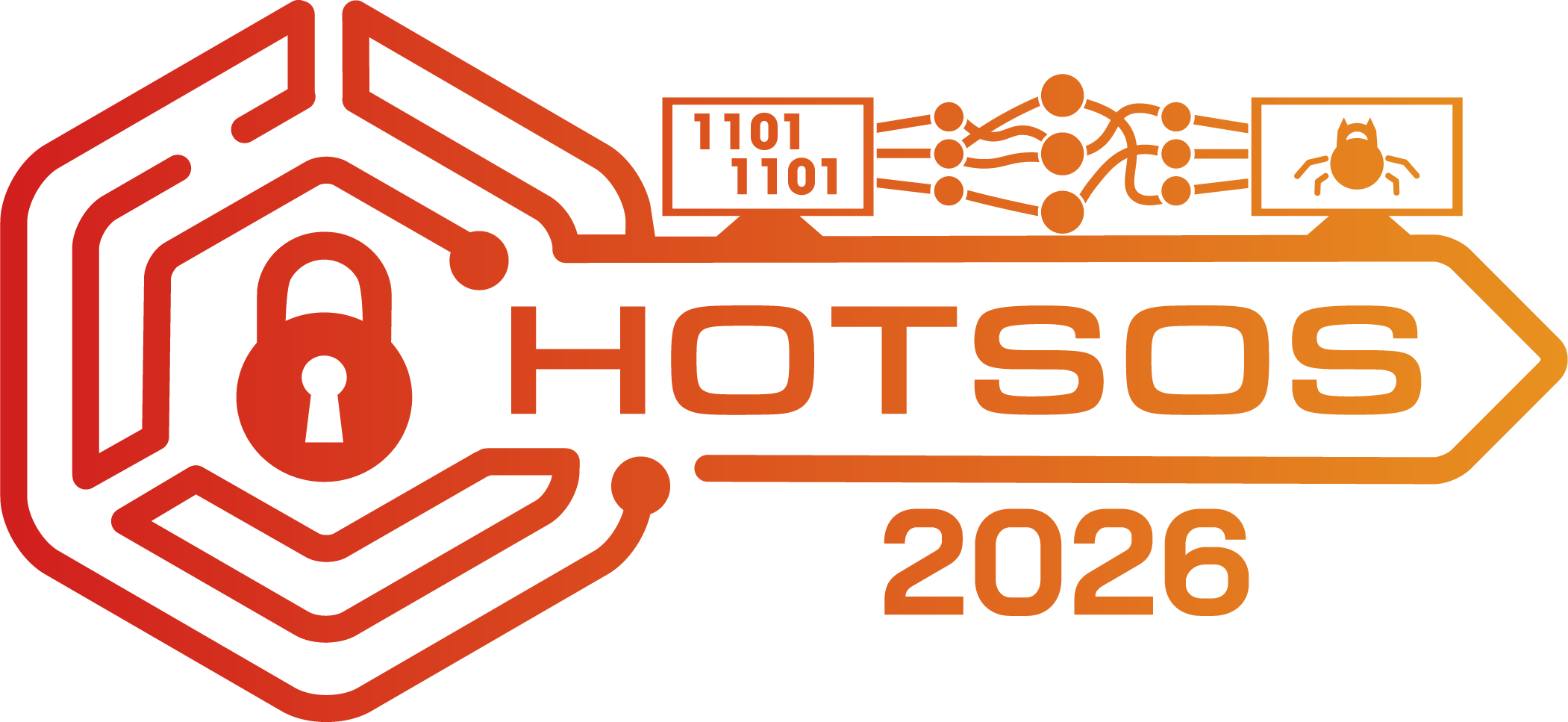Microarchitectural Attacks: From the Basics to Arbitrary Read and Write Primitives without any Software Bugs
BIO
Daniel Gruss (@lavados) is a PostDoc at Graz University of Technology. He finished his PhD with distinction in less than 3 years. He has been involved in teaching operating system undergraduate courses since 2010. Daniel's research focuses on software-based side-channel attacks that exploit timing differences in hardware and operating systems. He implemented the first remote fault attack running in a website, known as Rowhammer.js. He spoke at top international venues, including Black Hat USA 2016, Usenix Security 2015 & 2016, ACM CCS 2016, the Chaos Communication Congress 2015, and many more. His research team was one of the four teams that found the Meltdown and Spectre bugs published in early 2018.
|
ABSTRACT In this talk, we will discuss microarchitectural attacks which arise from various processor optimizations. Modern processors are highly optimized systems where every single cycle of computation time matters. Many optimizations depend on the data that is being processed. Microarchitectural side-channel attacks leak secrets from cryptographic computations, from general purpose computations, or from the kernel. This leakage even persists across all common isolation boundaries, such as processes, containers, and virtual machines. Microarchitectural fault attacks exploit the physical imperfections of modern computer systems. Shrinking process technology introduces effects between isolated hardware elements that can be exploited by attackers to take control of the entire system. These attacks are especially interesting in scenarios where the attacker is unprivileged or even sandboxed. We will investigate known and new side channels and show that microarchitectural attacks can be fully automated and run in JavaScript or other constrained environments. By the end of the talk we will have built arbitrary read and write primitives, which allow an attacker on an affected system without any software bugs to read arbitrary data through the Meltdown attack and to perform arbitrary modifications of data through the Rowhammer attack. |
|

